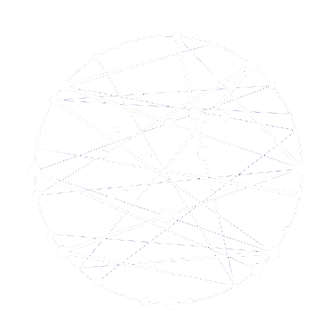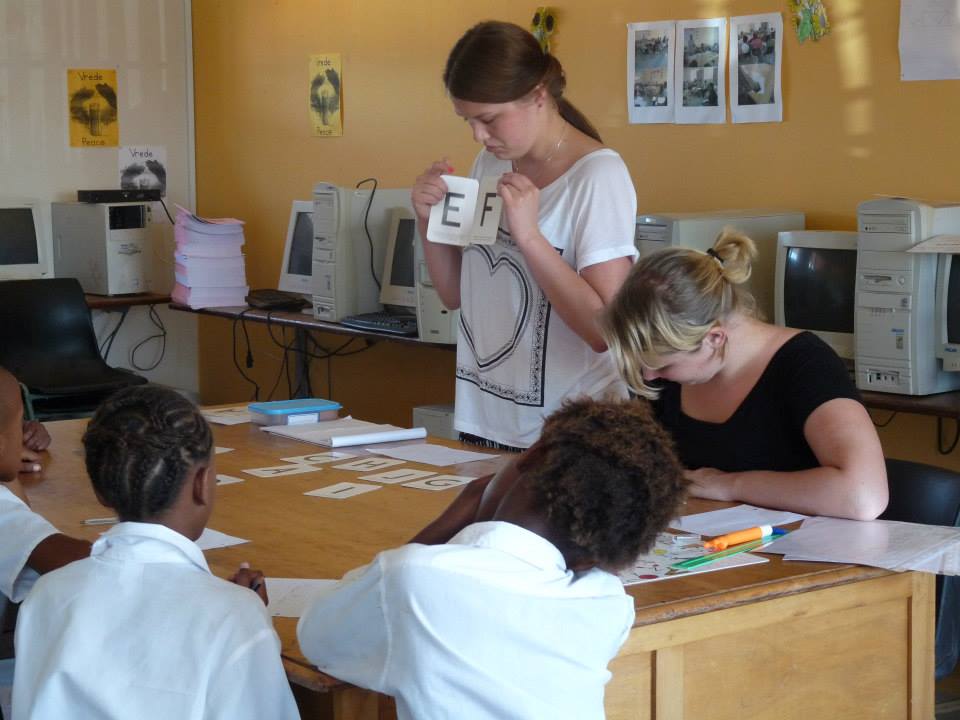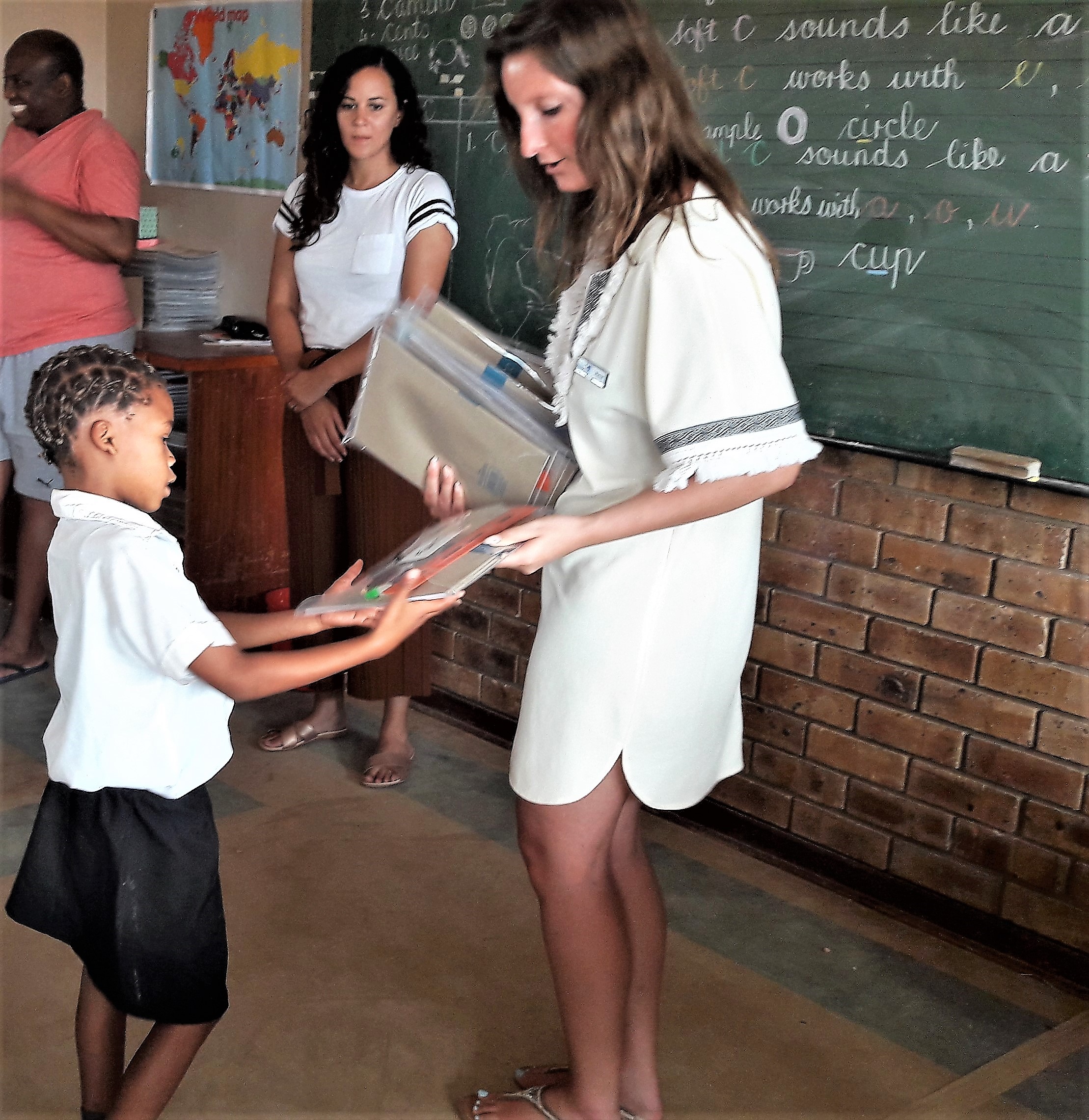



In the communities where Ready4Life works, you’ll find people doing extraordinary things with very limited resources — often in ways that never make it into policy papers or academic journals. You’ll also meet people with intimate knowledge of their community’s needs, but not necessarily the industry language or access to attract support.
That’s where you come in. Your work will fill in blanks. It will substantiate or correct hunches and find blind spots.
This is research with purpose. It’s grounded in real needs, shaped by real voices, and directed toward real outcomes. Whether you’re helping assess a community health program, documenting educational barriers, mapping food systems, or evaluating the impact of social interventions, your work won’t sit on a shelf — it’ll inform decisions, support communities, and spark future action.
What you’ll gain:
This is for students who don’t just want to write a thesis — they want their work to matter.
Afrikaans shares many similarities with Dutch, which can help you navigate interviews, discussions, and daily life in some of the areas we serve.
Skills that will shine here:
Not everything worth studying is quantifiable — learn to explore the "why" as well as the "what"; to listen before you analyse, and to analyse before you interpret.
It’s not just about data collection — it’s about making that data make sense and move people. This may mean translating knowledge for different stakeholders.
See how education, health, housing, gender, and climate all intersect in people’s lives — and reflect that in your research approach.
Good research doesn’t just generate insight. It builds trust and leaves people better off than when you arrived.